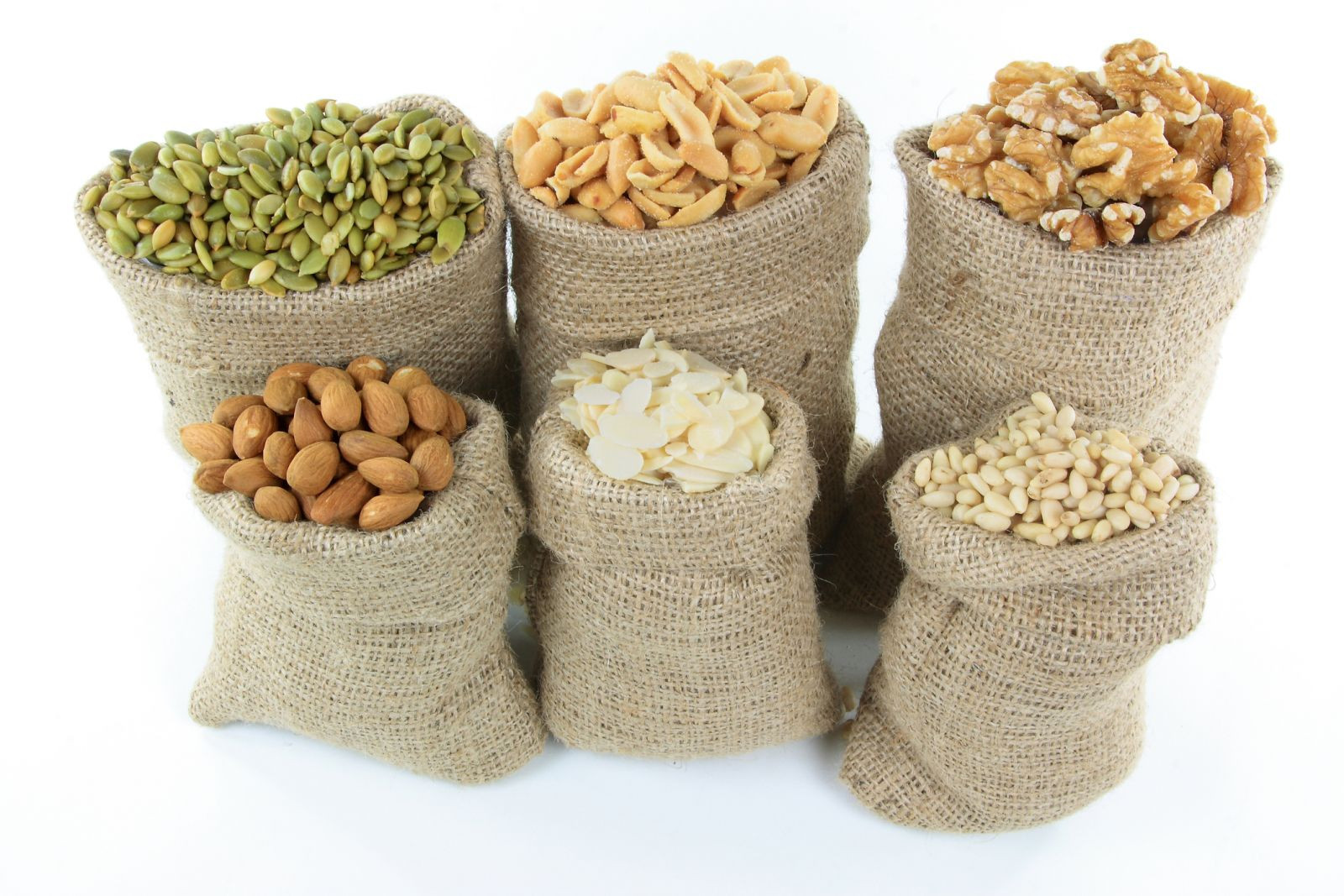Simple tips to fight inflammation

The awareness of the intersection between inflammation and chronic disease has spawned a plethora of diet plans, nutritional supplements, and lifestyle programs, many implying they offer new ways to improve your health by quelling inflammation. It's true that scientists are uncovering new complexities and expanding their knowledge of factors that may contribute to inflammation or help counter it. But much of the heavily hyped guidance for an anti-inflammation lifestyle boils down to the same no-nonsense health advice your grandmother might have given you.
Make healthy food choices
Our diets play an important role in chronic inflammation because our digestive bacteria release chemicals that may spur or suppress inflammation. The types of bacteria that populate our gut and their chemical byproducts vary according to the foods we eat. Some foods encourage the growth of populations of bacteria that stimulate inflammation, while others promote the growth of bacteria that suppress it.
Fortunately, you are probably already enjoying many of the foods and beverages that have been linked to reductions in inflammation and chronic disease. As long as you are not allergic to any of these foods or beverages, they include the following:
- Fruits and vegetables. Most fruits and brightly colored vegetables naturally contain high levels of antioxidants and polyphenols — potentially protective compounds found in plants.
- Nuts and seeds. Studies have found that consuming nuts and seeds is associated with reduced markers of inflammation and a lower risk of cardiovascular disease and diabetes.
- Beverages. The polyphenols in coffee and the flavonols in cocoa are thought to have anti-inflammatory properties. Green tea is also rich in both polyphenols and antioxidants.
Image: alex5248/Getty Images
Disclaimer:
As a service to our readers, Harvard Health Publishing provides access to our library of archived content. Please note the date of last review or update on all articles.
No content on this site, regardless of date, should ever be used as a substitute for direct medical advice from your doctor or other qualified clinician.
















